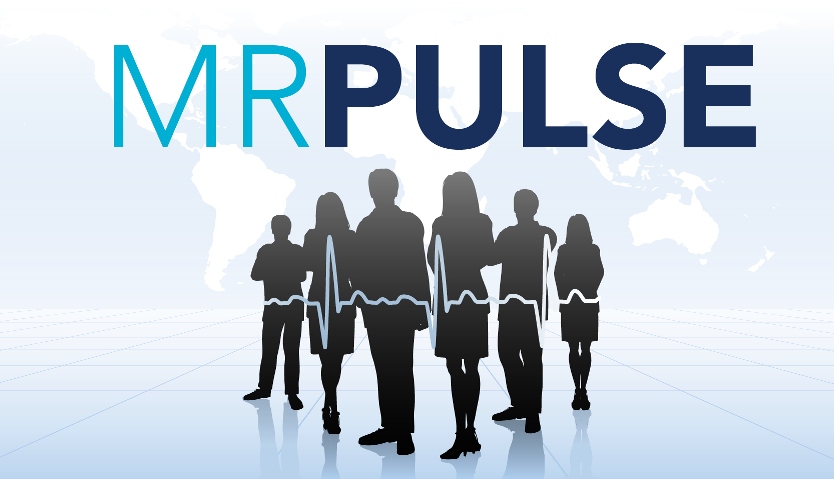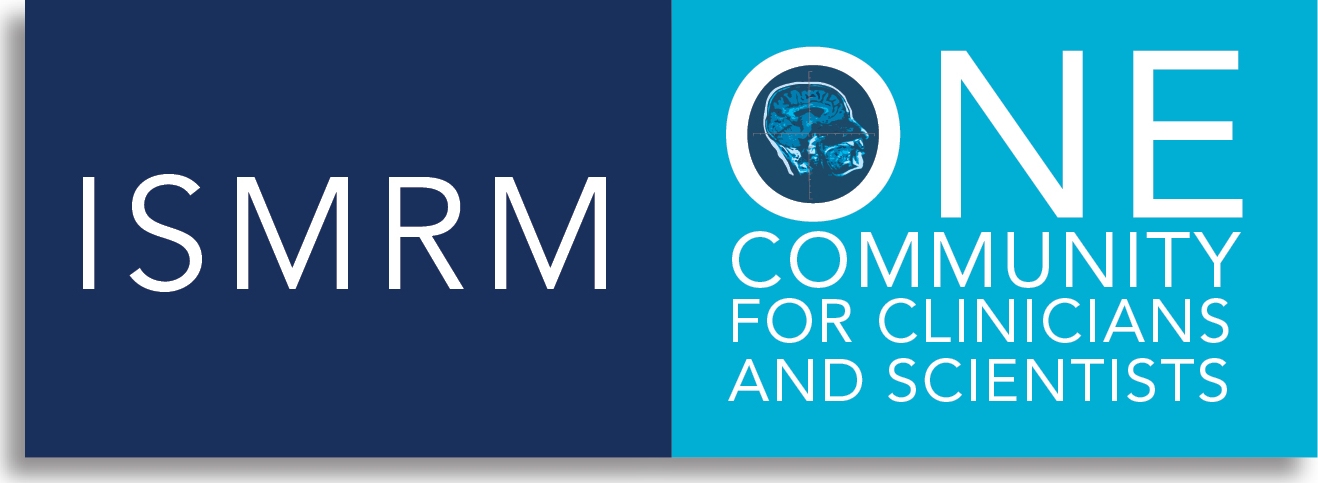Preparations are underway for the 21st annual meeting of the
ISMRM will be held in Salt Lake City from April 20-26,
2013. Over 5800 scientific abstracts were submitted in
November, and the Annual
Meeting Program Committee met on 18-20 January, with notification of results sent
this week. We would like to thank everyone for
submitting your work to be presented at the ISMRM!
The theme this year is “Discovery,
Innovation, and Application – Advancing MR for Improved
Health”. Our plenary lectures begin with a tour of the
rich history of innovation in MRI, where prior gold-medal
winners of the ISMRM will describe their moments of
innovation that led to their biggest discoveries. We will
learn about the application of MRI in imaging cancer, and
how MRI is transforming multi-center trials. Connectomics, a
new field for assessing the microstructure of the brain is
the focus of another plenary, and the powerful combination
of MRI and PET (Mr. PET) will round out a spectacular and
diverse field of talks.
We have three wonderful speakers giving our named lectures
this year. Klaas Prüssmann, PhD, ETH, Zurich, will deliver
the Monday morning Lauterbur lecture entitled “Beyond
Fourier encoding: The need, the challenges, and the rewards
of breaking out of k-space.” Richard Ehman, MD, Chair of
Radiology at the Mayo Clinic and former President of the
ISMRM, will deliver the Mansfield lecture, “MRI and
Mechanobiology: Emerging Science at the Intersection of
Engineering and Biology”, on Thursday morning. This year, an
exciting new named lecture, the NIBIB New Horizons Lecture,
will be given by Dr. Scott Reeder of the University of
Wisconsin Madison, entitled “Frontiers in Body MRI: from
Qualitative to Quantitative”.
We will continue the highly innovative and exciting meeting
format pioneered by Jim Pipe at the Melbourne conference.
Our goal is to continue to increase the visibility and
impact of traditional and electronic posters, and promote
the personal interactions that help make our annual meeting
so special. The scientific sessions will include four
special “translational” sessions that will pair innovations
from our technical members with clinical applications. The
goal of these sessions is to get our diverse membership
talking about the intersection of the engineering and
clinical challenges we face. The study group meetings will
again take place during the daytime in two “study group
lounge” areas, where all attendees can come and enjoy a less
structured setting.
Regarding the educational program, many of you will remember
that we polled the ISMRM membership towards the end of 2011
to ask what aspects of the educational programme you felt
were important, what formats worked best and so on. The
overwhelming response was that you liked and wanted more
interactivity, with real practical guidance on aspects of
MR. We have significantly expanded the use of the audience
response system (ARS), to provide enhanced interactivity in
more sessions and will pilot the use of Twitter to provide
real-time interactivity during some of the sessions.
The ‘gameshow’ format, popularized in the ‘Guess that
Artefact’ sessions of previous years, is being extended
to a number of forums, including ‘Body MRI Artefacts’,
‘Game Show: Lower-Higher: The Transition from Low Field
to High Field’, and ‘Revenge’ in which the MDs
will be pitted against PhDs in a battle of knowledge over
what can go wrong in MR. As a new interactive innovation
this year, you’ll find ‘chalk talk’ sessions where you can
‘ask the experts’ aided only by a white-board, those burning
questions you’ve always wanted to ask. Look out for ‘Diffusion
Goes Mad’ and ‘Emerging Techniques: Meet the Experts’,
each of which has a stellar faculty.
In ‘RF Engineering – Coils’ weekend course, there
will be a live demonstration of coil building. Another new
and exciting innovation this year (with credit due to Robia
Pautler for the idea) is the ‘Women in MRI - Networking &
Panel Discussion’ that will provide an open forum for
discussing the issues that women MRI scientists face and how
they have dealt with and overcome some of these challenges.
We also listened to your feedback about increasing the
number and diversity of educational course speakers. To
this end, we have made our goal that no speaker is giving
more than one educational talk at the meeting. Finally, we
have eliminated the Friday morning sunrise session, making
the sunrise weekday courses more compact.
The setting in Salt Lake City is spectacular, a clean and
walkable city surrounded by snow-capped mountains. The
convention center is large with a great format for our
meeting. A host of excellent shops, bars, and restaurants
are situated within walking distance of the convention
center, providing an ideal setting for breaks during and
after the day’s meeting. The nearby University of Utah is
host to a spectacular natural history museum. Skiing will
likely be in season at the world-class resorts of Snowbird
and Alta, just minutes outside of Salt Lake City. The
resort town of Park City is situated about 25 minutes from
the convention center, and some of the most spectacular
natural scenery on earth is found in the national parks of
southern Utah (Zion, Arches, Canyonlands, Bryce Canyon, and
Capitol Reef National Parks). You will find people happy to
help you plan small or large adventures through our website
and in the exhibition hall at the meeting.
With all these changes, we’d love to get more feedback on
what you think, and how we might improve the educational and
scientific program. You can contact Garry Gold at
gold@stanford.edu or
Derek Jones at
jonesd27@cf.ac.uk . Finally, we owe a huge debt of
gratitude to the annual meeting program committee and the
ISMRM staff for assembling the educational and scientific
program, and in particular to the educational co-ordinators
and scientific table chairs. See you in Salt Lake City!


